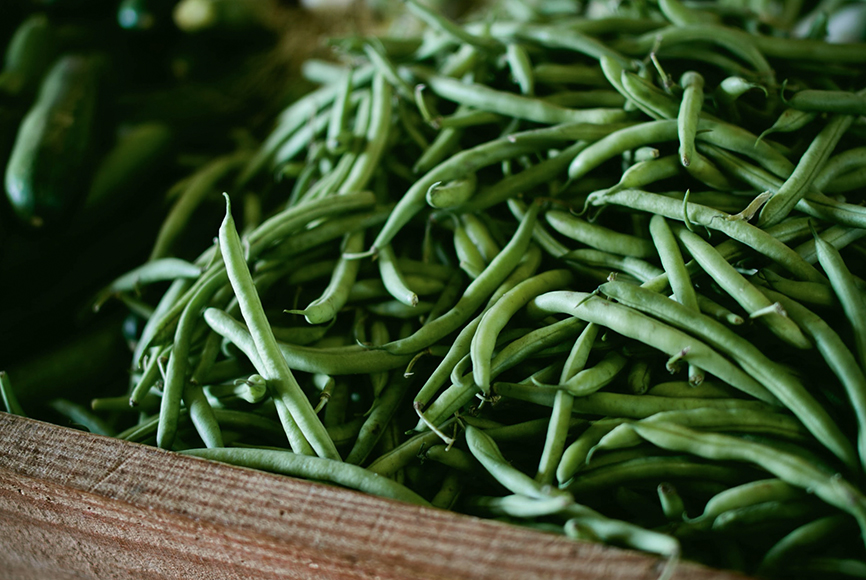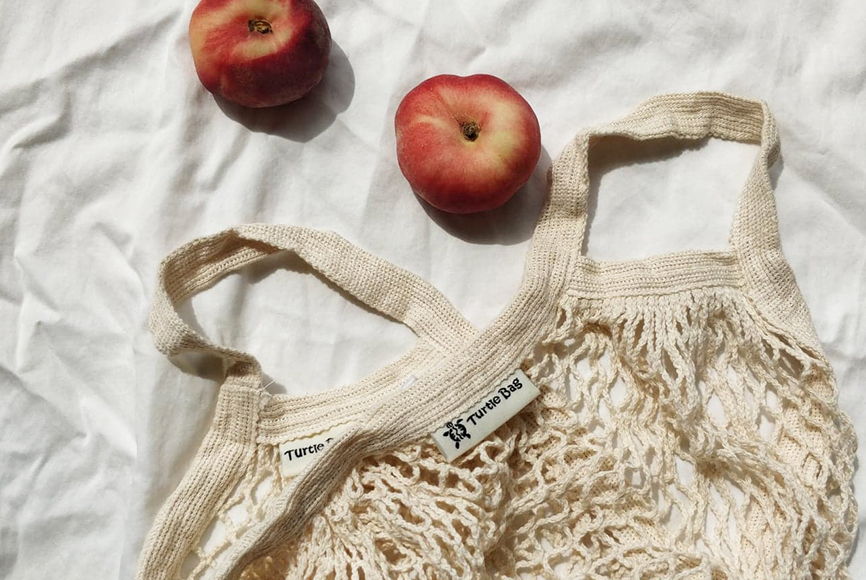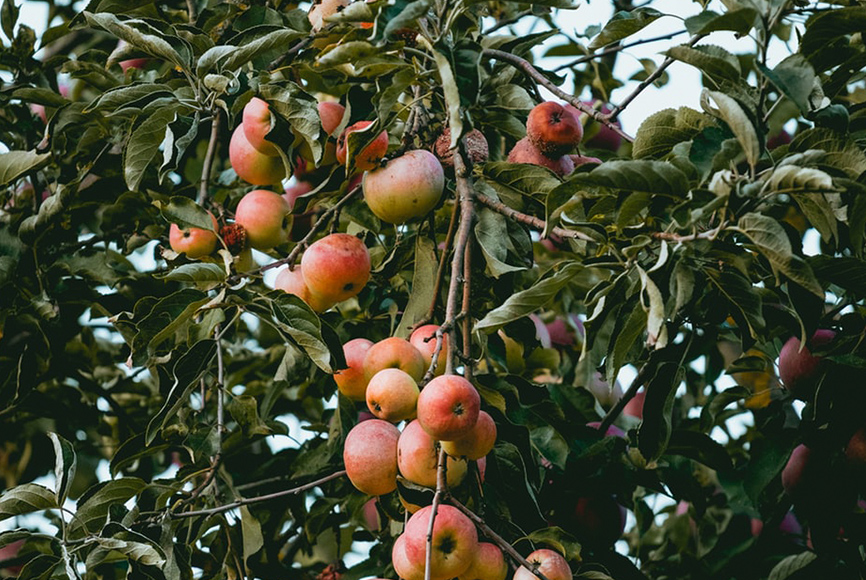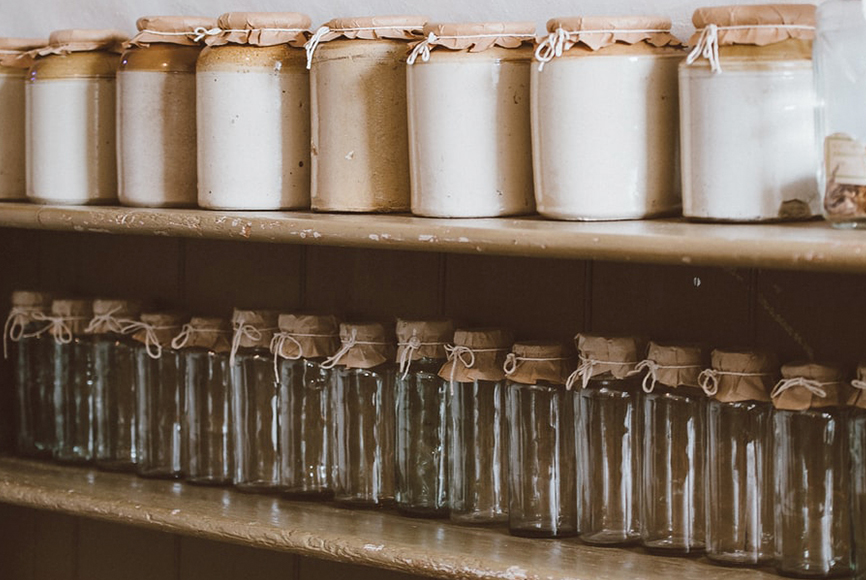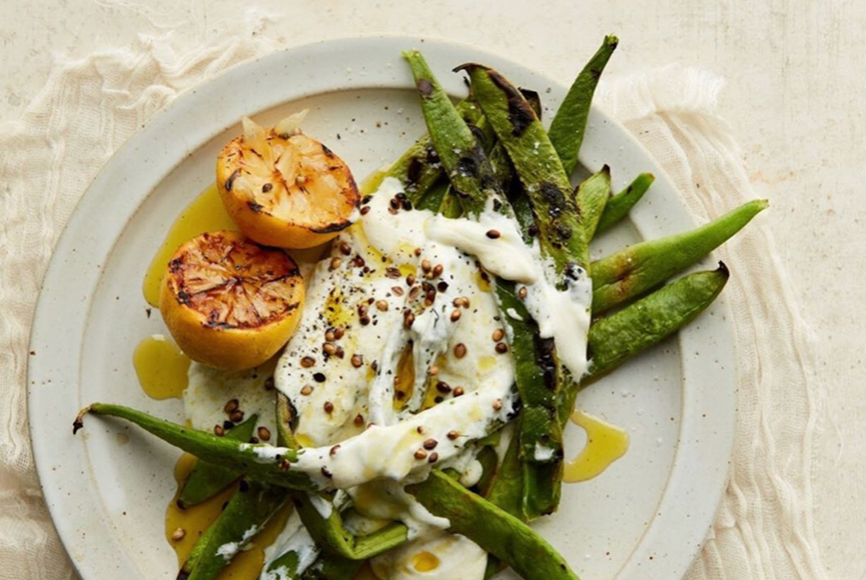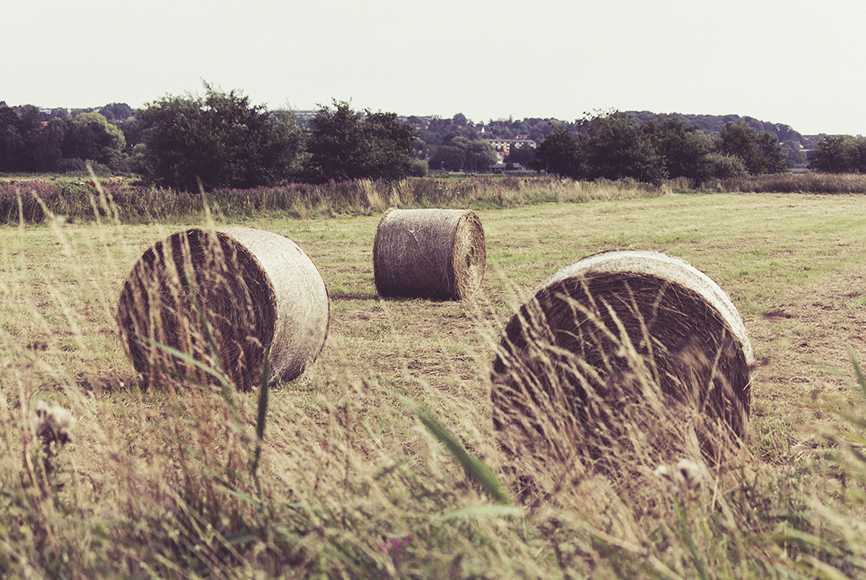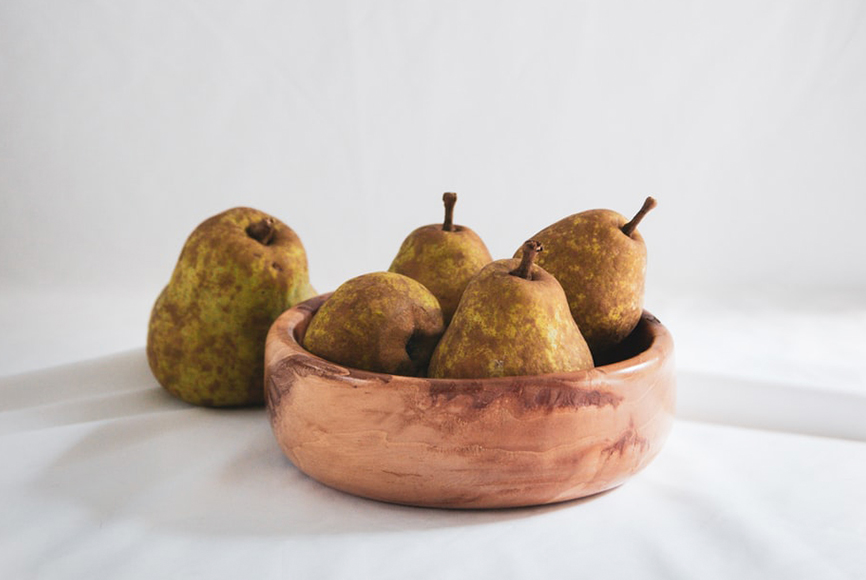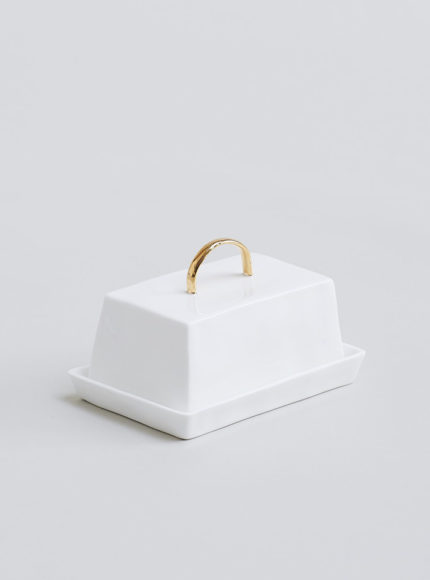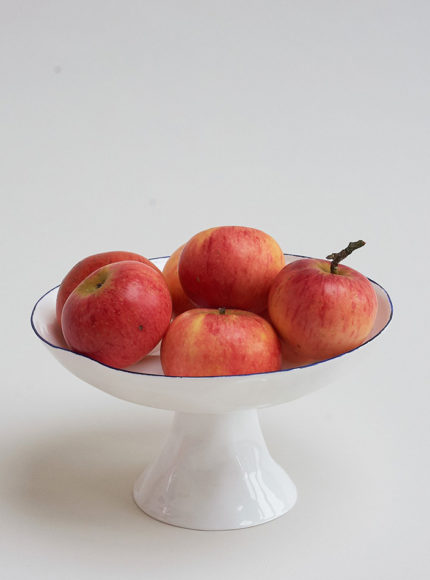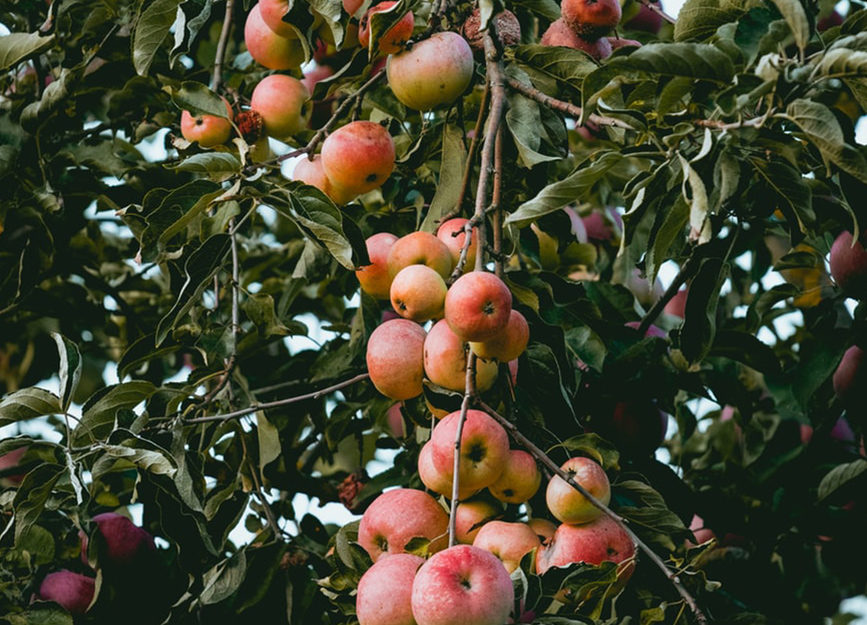

Local produce from our friends @andubuis
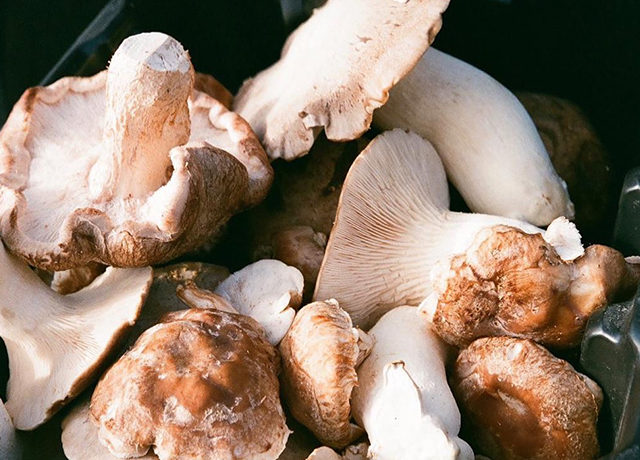

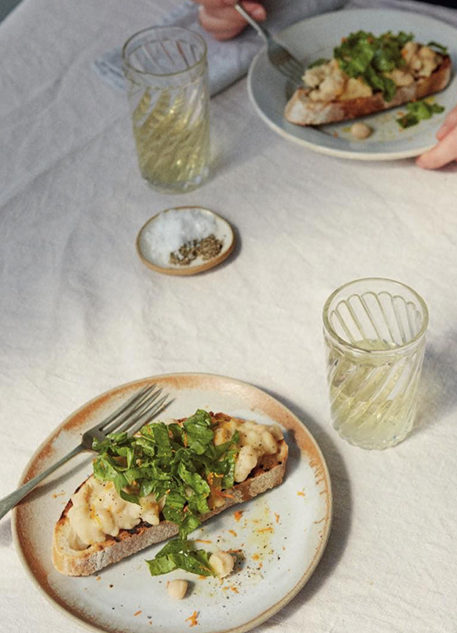

Veggie recipe inspiration from @we_are_food
Environment
World Health Day: Our Top Tips For Eating Sustainably
It is always important to eat, cook and drink consciously to ensure you’re treating your body and mother earth with respect. In a time where restaurants are closed and we are finding ourselves cooking much more, here are a few tips for eating more sustainably.
Support Your Local
If you are walking distance, we urge you to still shop your local farmers market. They are still open and allow the first hour for older shoppers to buy more safely. The markets do request that you come alone and obey the queuing policy of standing at least 2 meters away from other shoppers. While our supermarkets have empty shelves, our farmer’s markets are full!
Opt for Plastic-Free
Buying produce out of plastic is slowly becoming easier and easier. Always try and opt for the plastic-free options when possible. Most farmer’s market stalls leave everything out of plastic, which also means you can pick exactly what you want! We also recommend buying more in bulk, which saves on packaging and usually works out cheaper too. Luckily delivery services, like Farmdrop deliver everything out of plastic and try and only stock things that come in recyclable packaging. We also love Abel and Cole because they deliver once a week, cutting back on emissions, and totally plastic-free.
Go Organic Where Possible
We understand buying organic is not feasible for everyone, however, if you can, please buy organic. Pesticides that are commonly sprayed on mass-produced produce, cause an array of issues – both for the body and the planet. They are designed to be poisonous and have led to cancer, infertility, skin issues, and more. Pesticides kill pests, which include bees, birds, and butterflies. We need these beautiful creatures around, as they play vital roles in our ecosystem. Some produce is more important to buy organic than others as certain vegetables and fruits contain more chemicals. The rule is – if it’s a watery, skinless vegetable or if you eat the skins, it is best to buy organic. Things with tougher skins that are removed are safer to eat if they aren’t organic.
Make Food Last
Making ingredients last is always important, but with the future so up in the air, and shops sold out of lots of ingredients, it is key to avoid wasting food. If you have any vegetables that need using up, we highly recommend pickling! It is a great way to save produce year-round and it can add such great flavor to salads, toasts, and more. We were feeling very inspired by the Little Duck The Picklery, who are unfortunately closed currently, but they make fantastic pickles. Check out this easy recipe from Bon Appetit.
Eat Your Veggies
Eating less meat is incredibly easy with the right recipes. Any recipe by Anna Jones is so great, that you won’t miss meat. Her after work, meat-free suppers are all absolutely delicious and easy enough for anyone to make. Just have a scroll through her Instagram, and you’ll be salivating.
Another favorite of ours is Gaz Oakley, also known as Avant Garde Vegan. His YouTube videos will help sharpen your cooking skills from the safety of your own home. He recently made a video all about vegan quarantine meals, using all store cupboard ingredients. Now is the time to try vegan, plant-based recipes!
If You’re Going to Have Meat...
While all of us at REV are massive animal lovers, we understand giving up meat can be difficult. It is much more sustainable to skip meat entirely but if you are going to eat meat, we urge you to be specific. If you can buy organic meat from local, small farms that don’t mass produce. We also urge you to make meat last. If you buy a chicken, make it last multiple meals, by making it into a nutritional broth that you can use to make ramen, risottos, and soups. If you do eat meat, use this time to work on cutting back and explore more plant-based diets!
Compost
Composting is incredibly beneficial for the environment and if you aren’t already doing it, start now. It reduces the volume of garbage picked up, reduces greenhouse methane gas emissions, and reduces individual carbon footprints. It is also essential for growing organic vegetables! So, if you have a little garden or even potted plants, save all your food waste to create your own natural fertilizer. You should also be composting all your cardboard waste, as it breaks down very quickly. If you can’t use your compost, the government provides compost collection is most neighbourhoods!



















